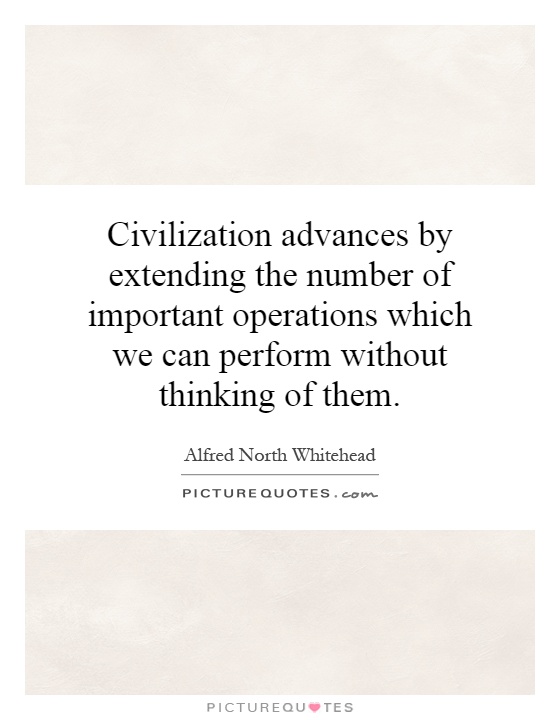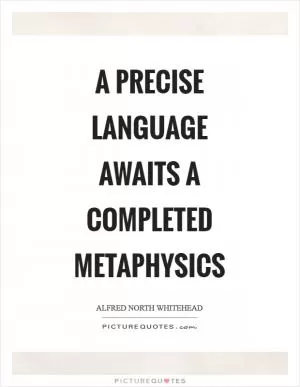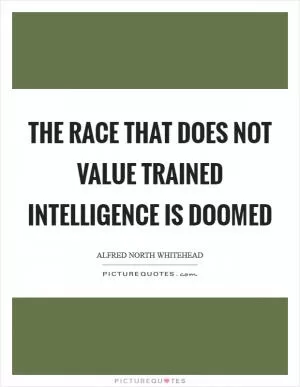Civilization advances by extending the number of important operations which we can perform without thinking of them

Civilization advances by extending the number of important operations which we can perform without thinking of them
Alfred North Whitehead, a renowned mathematician and philosopher, once stated that "civilization advances by extending the number of important operations which we can perform without thinking of them." This profound statement encapsulates the essence of progress and innovation in human society. Whitehead believed that as civilization evolves, we are able to automate and streamline various tasks and processes, allowing us to focus on more complex and creative endeavors.In the context of Whitehead's philosophy, the idea of advancing civilization by reducing the need for conscious thought in performing important operations can be seen in various aspects of modern society. For example, the development of technology has enabled us to automate many routine tasks, such as communication, transportation, and manufacturing. This automation has not only increased efficiency and productivity but has also freed up human cognitive resources to tackle more challenging problems and explore new ideas.
Moreover, the concept of extending important operations without conscious thought can also be applied to the field of education. As we develop new teaching methods and technologies, students are able to learn and acquire knowledge more efficiently and effectively. This allows them to focus on higher-order thinking skills, such as critical thinking, problem-solving, and creativity, rather than rote memorization and repetitive tasks.












 Friendship Quotes
Friendship Quotes Love Quotes
Love Quotes Life Quotes
Life Quotes Funny Quotes
Funny Quotes Motivational Quotes
Motivational Quotes Inspirational Quotes
Inspirational Quotes